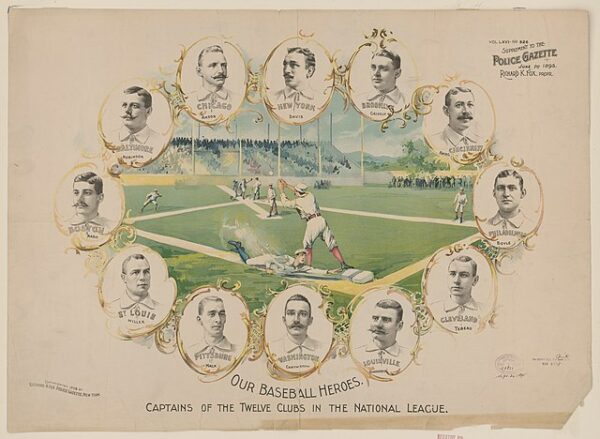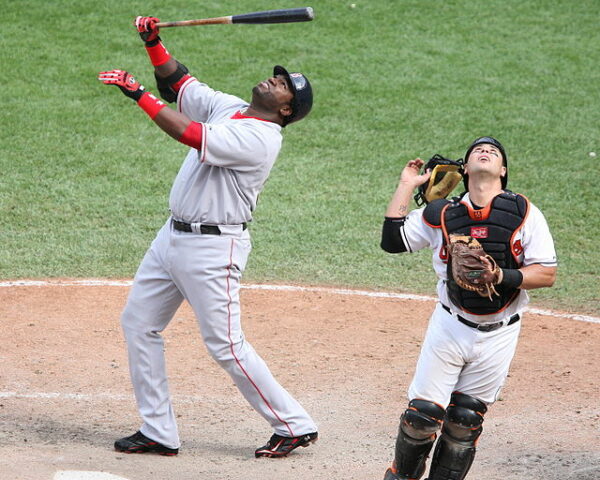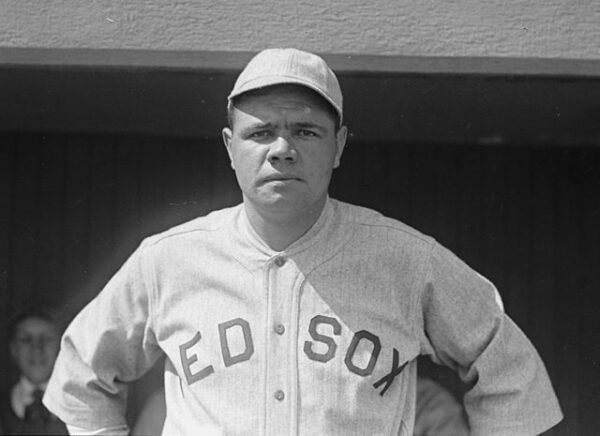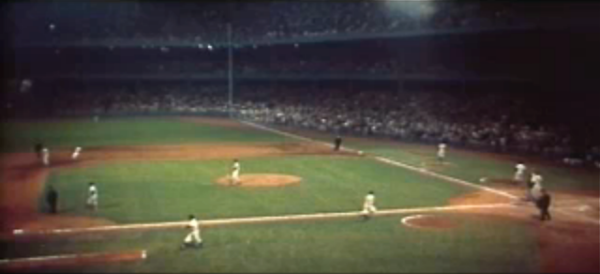April 22, 1876, a new age of baseball began when the Boston Red Caps beat the Philadelphia Athletics, 6-5, in what became the first-ever National League game.
The atmosphere crackled with anticipation as fans filled the stands, eager to witness the inaugural game of what would become the premier professional baseball league in the United States. The Jefferson Street Grounds, a modest venue by modern standards, buzzed with excitement as players warmed up and the umpires prepared to call the first pitch.
“The Athletics should have won the game,” the newspaper added, “but their fielding was poor.” Betting on the game was “about even,” according to the Inquirer.
While this was the first official National League game, the teams were not the first in professional baseball—the first pro team was the 1869 Cincinnati Red Stockings. Nor was the NL the first major professional baseball league—the first league was the National Association of Professional BaseBall Players, formed in 1871, writes The History Channel.
However, the National Association was loosely configured and had no central leadership or authority to govern its teams. Therefore, corruption, gambling, drunkenness and other malpractices became commonplace by 1875 and the league folded. That allowed William Hulbert, an Illinois businessman and owner of the Chicago White Stockings, to emerge as the founder of the much more stable National League.
Hulbert took the six strongest clubs from the National Association—the Boston Red Stockings (which became the Red Caps), Philadelphia Athletics, Hartford Dark Blues, St. Louis Brown Stockings, Chicago White Stockings and New York Mutuals—and the Louisville Grays and Cincinnati Reds to form the National League.
The establishment of the National League represented a milestone in the professionalization of baseball, providing a structured framework for organized competition. With standardized rules and regulations in place, the league laid the groundwork for the sport’s evolution into a national pastime and a multi-billion-dollar industry.
Though the Jefferson Street Grounds have long since faded into obscurity, their legacy lives on in the annals of baseball lore. As fans gather in stadiums across the nation to cheer on their favorite teams, they pay homage to the humble beginnings of a league that forever changed the landscape of American sports.






